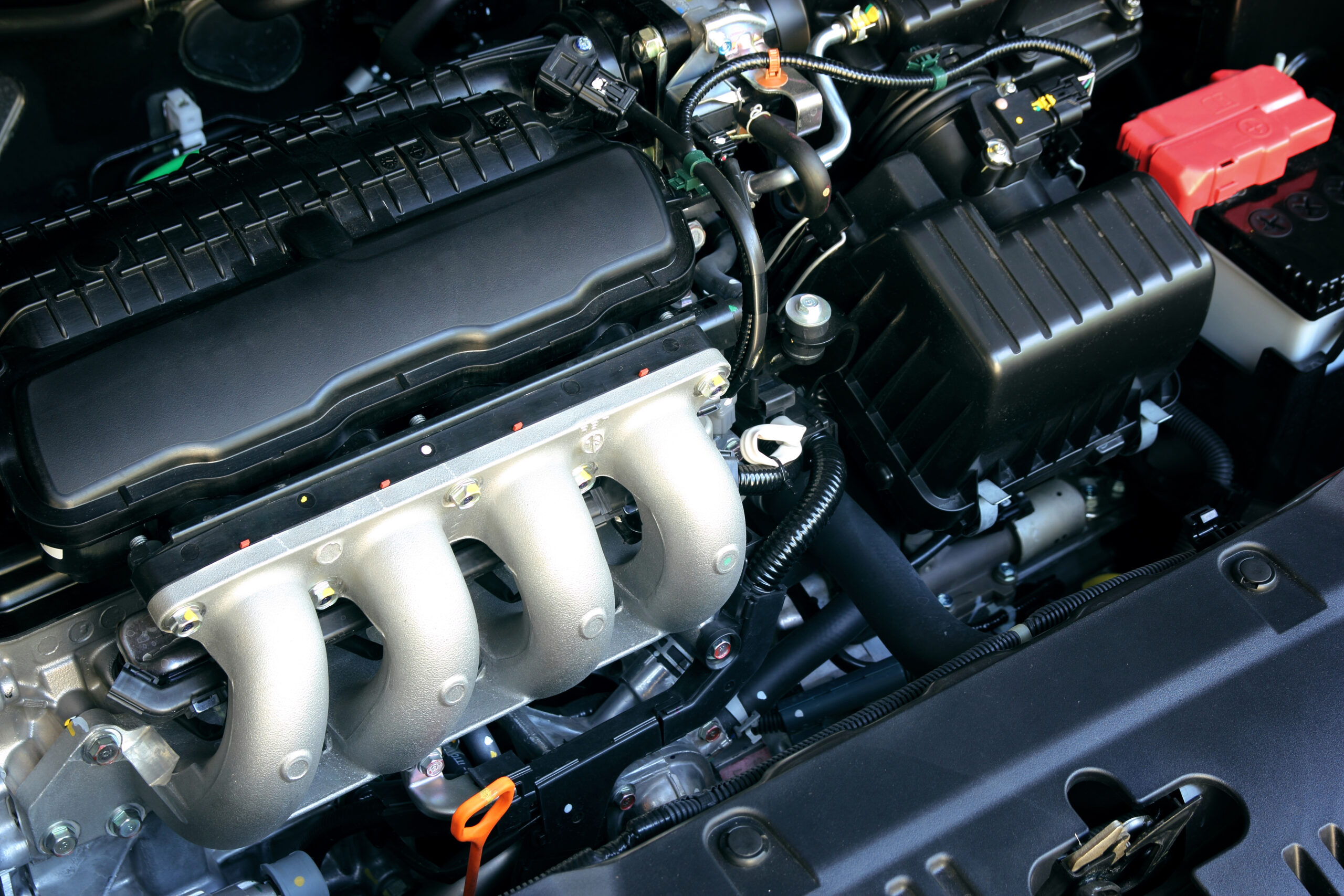For diesel engine owners, a glow plug warning light on the dashboard can be a cause for concern. Glow plugs play a vital role in the starting process of diesel engines, especially in colder temperatures. When the glow plug warning light illuminates, it indicates a potential issue with the glow plug system. In this article, we will explore the importance of glow plugs, the common causes behind glow plug warning lights, and essential maintenance practices for diesel engines.
Understanding Glow Plugs and their Function: Glow plugs are heating devices installed in the combustion chambers of diesel engines. Their primary function is to preheat the air-fuel mixture to aid in cold engine starts. When the engine is cold, diesel fuel is less combustible, and the air in the combustion chamber is cooler. The glow plugs heat up and provide the necessary heat to ignite the fuel-air mixture, enabling smooth engine startup.
Common Causes of Glow Plug Warning Lights: When the glow plug warning light activates, it indicates a problem within the glow plug system. Common causes behind glow plug warning lights include:
- Faulty Glow Plugs: Over time, glow plugs can wear out or become damaged, resulting in reduced heating efficiency or complete failure.
- Glow Plug Relay Issues: The glow plug system relies on a relay to supply power to the glow plugs. A malfunctioning relay can prevent the glow plugs from receiving the necessary electrical current.
- Wiring or Connection Problems: Loose connections, damaged wiring, or corroded terminals can disrupt the electrical flow to the glow plugs, leading to warning light activation.
- Sensor Malfunction: Some vehicles are equipped with glow plug temperature sensors that monitor the temperature of the glow plugs. A malfunctioning sensor can trigger the warning light.
Diesel Engine Maintenance for Glow Plugs:
- Regular Inspections: Regular inspections of the glow plugs are essential for ensuring their proper functioning. It is recommended to inspect the glow plugs during routine maintenance intervals or whenever there is a concern with the starting process. Look for signs of wear, damage, or carbon buildup. Replace any faulty glow plugs promptly.
- Keep the Engine Warm: Diesel engines, especially in colder climates, benefit from being kept warm. If possible, park your vehicle in a garage or use an engine block heater to preheat the engine before starting. Keeping the engine warm reduces the strain on the glow plugs and aids in smoother starts.
- Follow Manufacturer Guidelines: Adhere to the manufacturer’s recommended maintenance schedule for your diesel engine. This includes regular servicing, fluid changes, and inspections. Following the guidelines helps ensure the longevity and optimal performance of the glow plug system.
- Use High-Quality Fuel: Using high-quality diesel fuel can contribute to the proper functioning of the glow plugs and overall engine performance. Contaminated or poor-quality fuel can lead to deposits and clogging in the glow plug system.
- Address Warning Lights Promptly: When the glow plug warning light activates, it is important not to ignore it. Ignoring the warning can result in difficulties starting the engine, reduced fuel efficiency, and potential damage to other engine components. Consult a qualified mechanic or automotive professional to diagnose and resolve the issue.
- Professional Assistance: If you are unsure about how to inspect or replace glow plugs or if the warning light persists despite your maintenance efforts, it is advisable to seek professional assistance. Qualified mechanics have the expertise and diagnostic equipment to identify and resolve glow plug system issues effectively.
Glow plug warning lights should be taken seriously in diesel engines. By following proper maintenance practices, such as regular inspections, using high-quality fuel, and addressing warning lights promptly, you can ensure the optimal performance and longevity of your diesel engine’s glow plug system. Regular maintenance and attention to the glow plug system will contribute to reliable engine starts, improved fuel efficiency, and a smoother driving experience.











